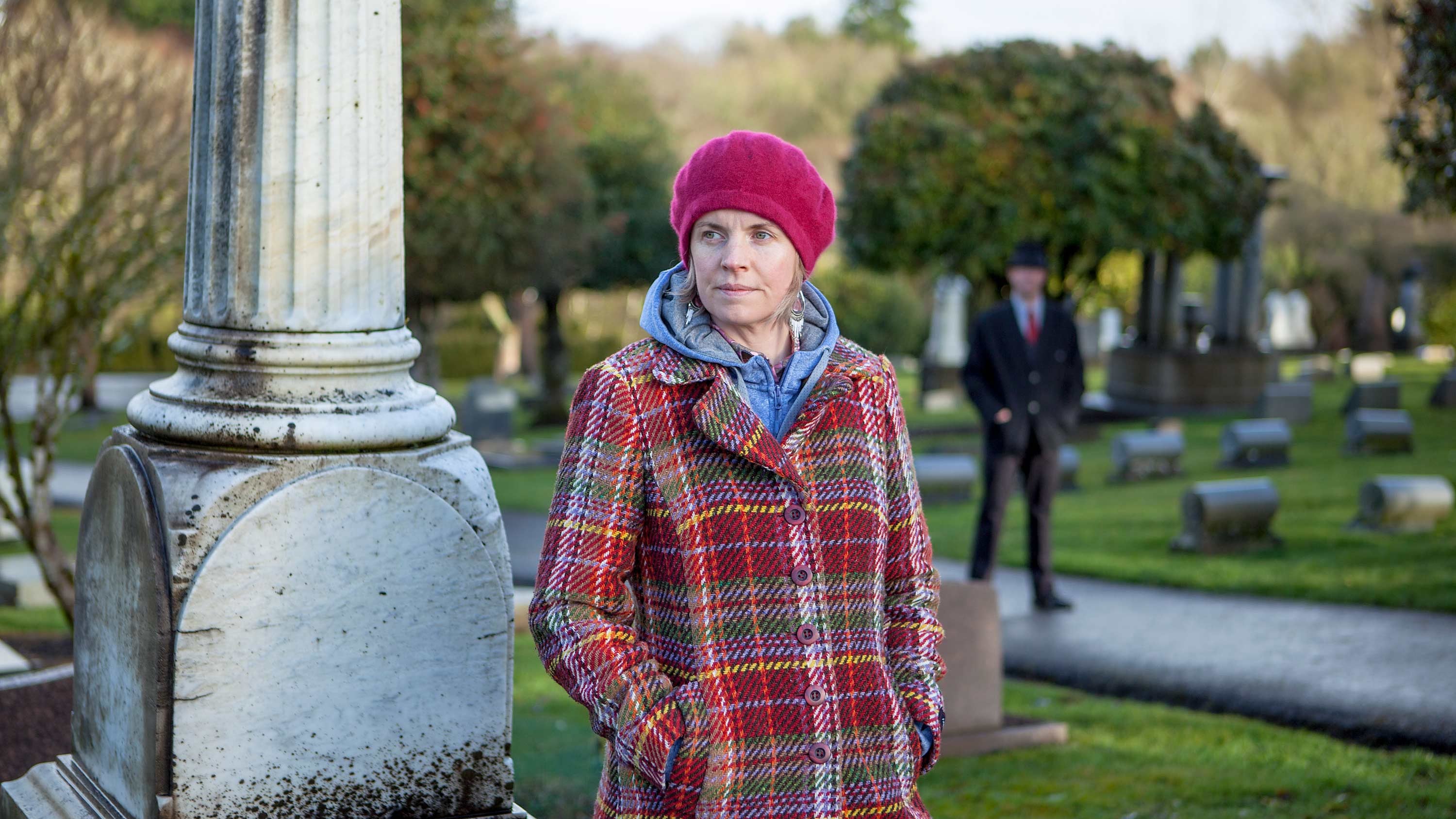Andrea Stolowitz didn't want anything to do with the journal that became the basis for her play Berlin Diary. When the Portland playwright's mother tried to give her the diary of her great-grandfather, a Jewish doctor named Max Cohnreich who fled Berlin during the Holocaust, Stolowitz was reluctant to accept it. So when her mother decided to donate the diary to the U.S. Holocaust Memorial Museum instead, Stolowitz was relieved. "I was like, 'Yes, that's perfect,'" she recalls. "'Thank God I don't have to deal with the family legacy.'"
Yet family legacy is exactly what Stolowitz deals with in Berlin Diary. With a time-hopping structure, the play entwines Cohnreich's life with Stolowitz's struggle to understand how the trauma of the Holocaust led to what she describes as her family's "dysfunction." The end result has made her a finalist for the Oregon Book Award for drama—which she's already won twice for Ithaka and Antarktikos-—and is getting its American premiere at CoHo Theater this week.
The leap from being afraid to open her great-grandfather's diary to writing an entire play about it came during a year spent in Germany with her family. There, she began thinking about unearthing the diary, an idea driven in part by a desire to educate her own kids about their family history.
Berlin Diary uses two actors who embody multiple characters, including Andrea, who Stolowitz describes as a "more neurotic" version of herself, and Cohnreich, whose dialogue Stolowitz lifted directly from his diary. The play is partly about Cohnreich's immigration to New York, but ultimately, Berlin Diary is more about Andrea, who, in a meta twist, is writing a play based on the diary.
In her script, Stolowitz also confronted what her great-grandfather left out of his writing: the lethal toll that the Holocaust took on his massive family. "He was writing to his unborn grandchildren," Stolowitz says. "What are you going to say? 'I had a hundred cousins in Berlin and 50 of them or 20 of them were deported or died in concentration camps'?" That revelation was especially important to Stolowitz, who says that before the Holocaust, Cohnreich had the kind of family she always wanted. Her great-grandfather "had a hundred people at his bar mitzvah," she says. "I've never been in a room with a hundred relatives."
Hand2Mouth artistic director Jonathan Walters, who directs the play, seems prepared to confront the depth of that loss. He's keyed into the play's time-hopping by blurring the line between past and present—in one scene, Andrea talks to her mother on an old-fashioned crank telephone. Despite the tragedy at the core of Berlin Diary, his rendition will have a "magical" quality, which may explain its use of what he describes as "puppetlike, little wooden blocks" that become gravestones and glow.
Walters remembers Stolowitz telling him that her family is "sort of complicated, and people don't really see each other that much," and that she wondered if that's "just the way it is, or is it because of the past, the things that broke our family apart and scattered us to the wind." Even if the play leaves that question unanswered, Stolowitz is clear about Berlin Diary's personal significance. "It's not a story about a man who has to flee Nazi Germany and go to New York and start his life over," she says. "It's a story about a woman who is trying to figure out what her family history is so she can make the family she wants to have."
SEE IT: Berlin Diary plays at CoHo Theater, 2257 NW Raleigh St., cohoproductions.org. 7:30 pm Thursday-Saturday, 3 pm Sunday, April 15-30. $20-$30.
